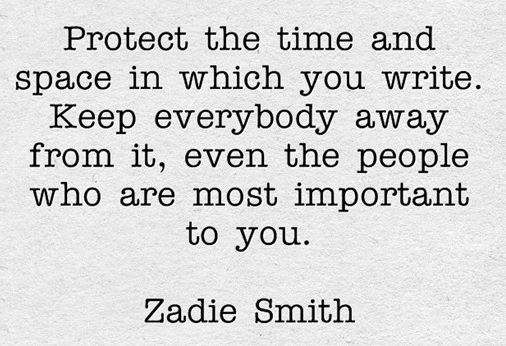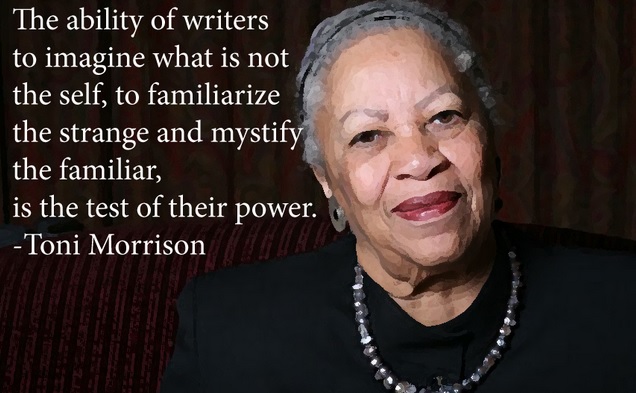I know, it seems like I do a version of this post every other week, but I’m like a fly to shit with these types of things. I just love to hear how the greats write. It’s inspiring.
This latest collection of wisdom was gathered by the New York Public Library.
Zadie Smith on writing and belief:
“Each novel I’ve written, any novel anyone writes, it’s not that you sit down saying ‘I believe this, and now I will write this,’ but by the nature of your sentences, just by the things that you emphasize or that you don’t emphasize, you’re constantly expressing a belief about the way you think the world is, about the things that you think are important, and those things change. They do change. And the form of the novel changes as well. A very simple example is in a lot of my fiction I’ve delved very deeply into people’s heads, into their consciousness and tried to take out every detail, and the older I get and the more that I meet people and realize I don’t know them. My own husband is a stranger to me, really, fundamentally at the end you don’t know these people. That should be reflected in what you write, that total knowledge is impossible.”
Etgar Keret on form
“I’m not saying that form isn’t important, but you feel that here in the U.S. sometimes, especially in a creative writing department, it’s a shrine of form. It’s like people comparing sentences, you know, people writing beautiful sentences and putting them in a wooden box and saying, ‘I’m going to use this sentence sometime.’ But you don’t use the sentence sometime because if you have a good pickup line for a Chinese midget, you will not meet a Chinese midget in your life. So don’t write a story about a Chinese midget just because you have a good pickup line! Write your story. When you get there, find a good sentence. If you don’t have one, use a cliché. Maybe it will work, you know?”
Geoff Dyer on not suffering the anxiety of influence
“The fact that stuff’s been written about before liberates one and frees one from having to do the donkey work of conveying facts and stuff. So, for example, so much has been written about D.H. Lawrence. There are great biographies of Lawrence so that meant I didn’t have to do all that stuff. I could just write my crazy book about Lawrence. A book like that couldn’t reasonably be the first book about Lawrence, so it’s good I had all those things to draw on.”
Toni Morrison on writing what you don’t know
“I tell my students; I tell everybody this. When I begin a creative writing class I say, ‘I know you’ve heard all your life, “Write what you know.” Well I am here to tell you, “You don’t know nothing. So do not write what you know. Think up something else. Write about a young Mexican woman working in a restaurant and can’t speak English. Or write about a famous mistress in Paris who’s down on her luck.”
Cheryl Strayed on how to make it as a writer
“It’s about having strength rather than fragility. Resilience and faith and nerve. And really leaning hard into work… Writing is hard for every one of us, straight white men included. Coal mining is harder. Do you think miners stand around all day talking about how hard it is to mine for coal? They do not. They simply dig.”
>> More here

